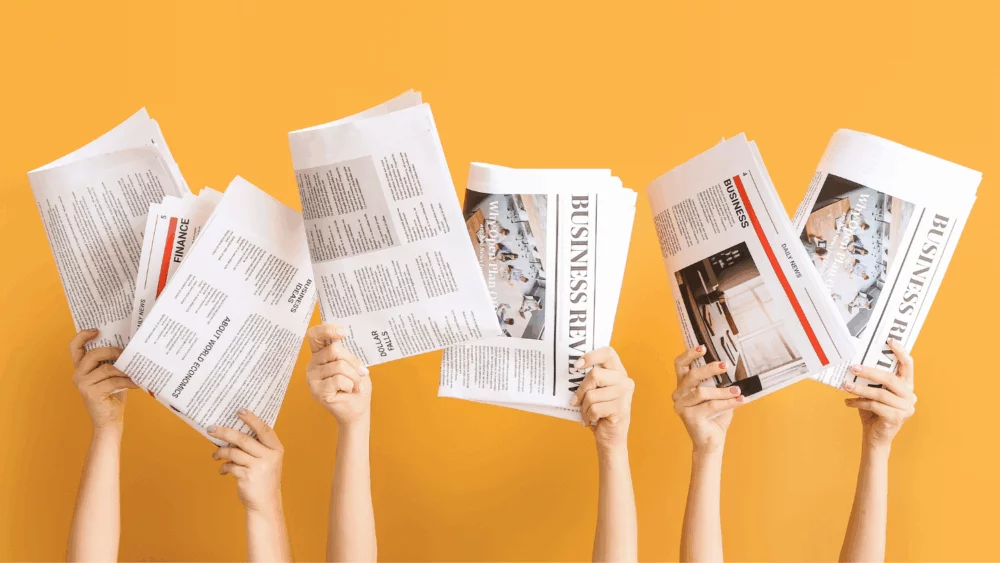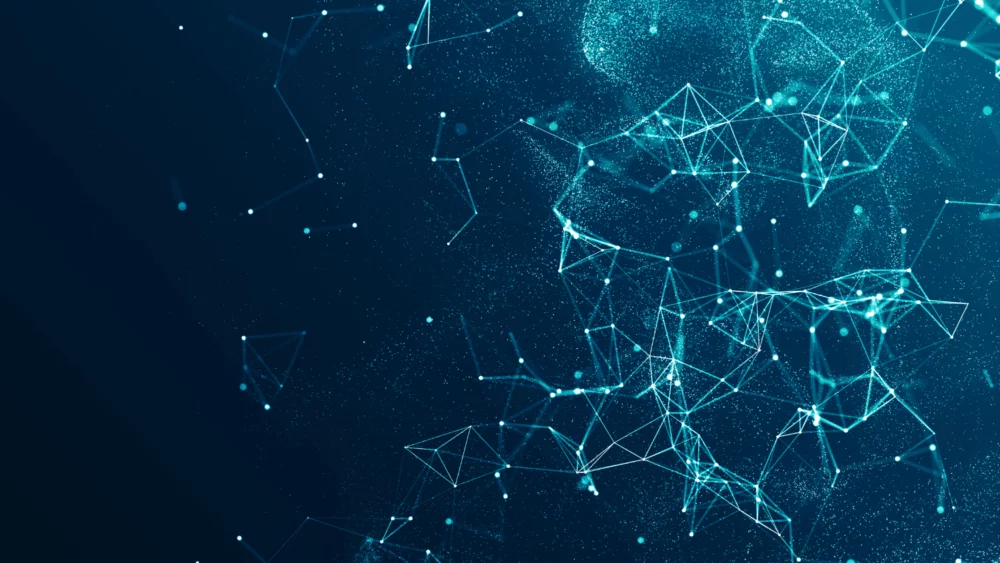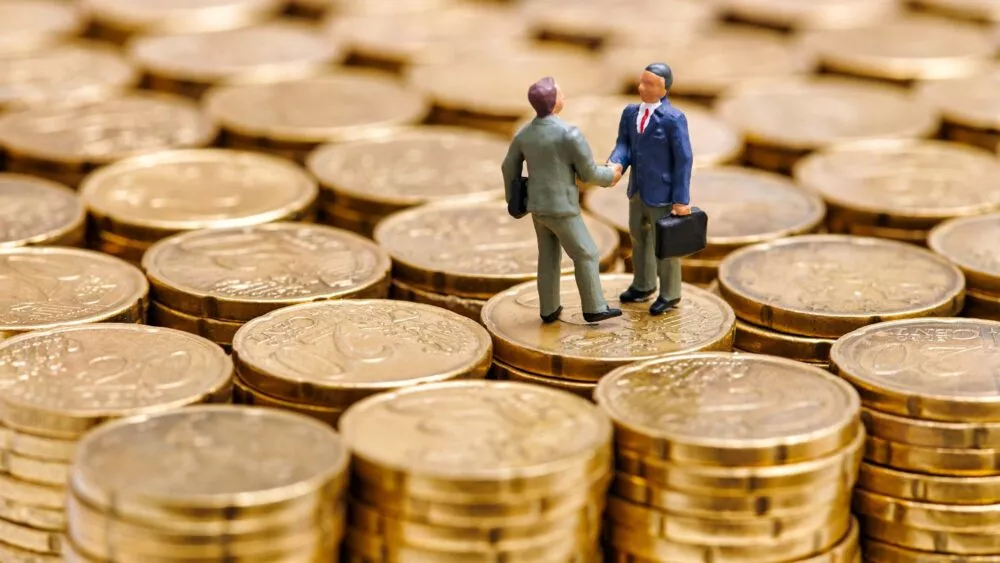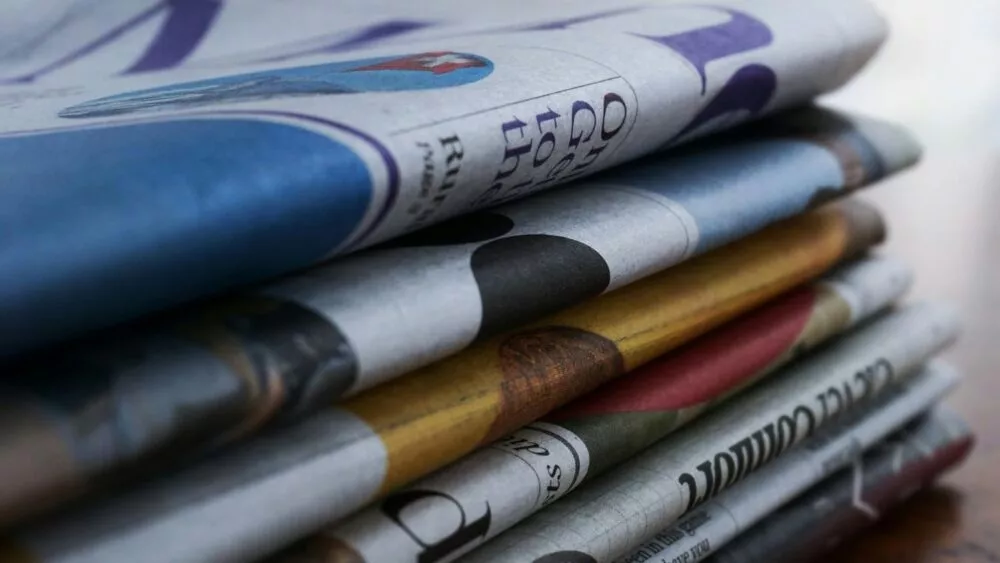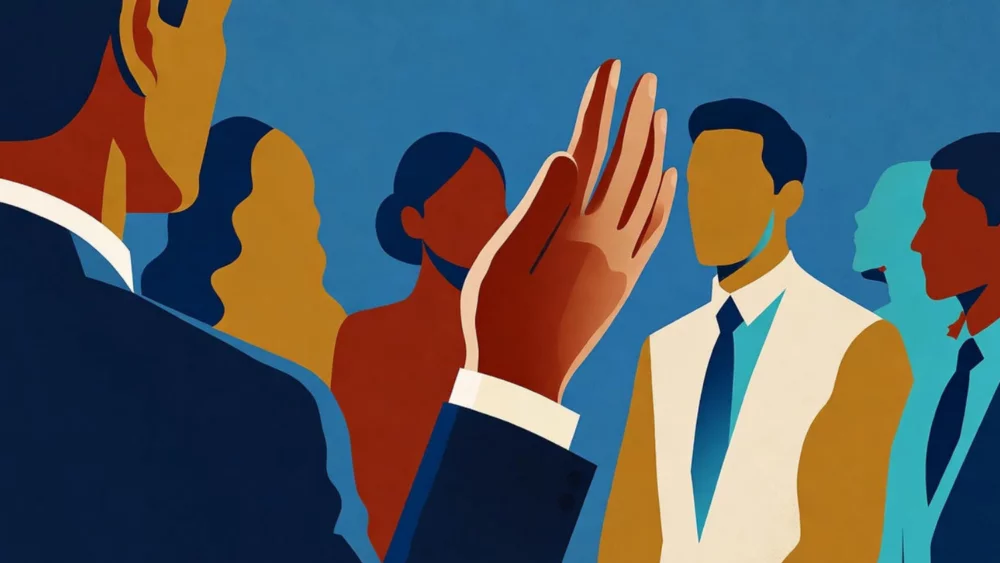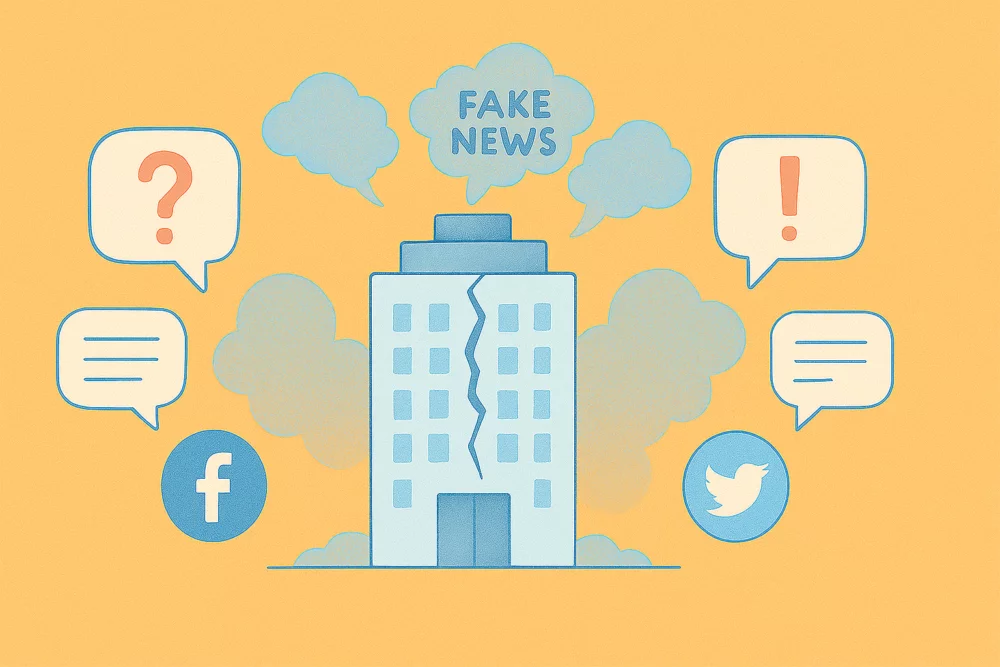“Fact-checkers have simply shown too much political bias and have destroyed more trust than they created,” said Mark Zuckerberg on January 7. This is how he justified ending Meta’s partnerships with fact-checkers, replacing them with “community notes” similar to those used on X (formerly Twitter). This decision appears to support the anti-mainstream media narrative promoted by figures like Donald Trump and Elon Musk.
“With social media, the balance of power has completely changed. Politicians, economic powers, or public figures now have every interest in discrediting the media landscape that asks uncomfortable questions, investigates them, and contradicts them,” says Laurent Bigot, lecturer at the University of Tours and author of Fact-checking VS Fake News: Verifying to Better Inform (INA Editions).
“We fact-checkers are prime targets for populists, because we represent the opposite of their model: we value expertise and facts over baseless opinions,” explains Julien Pain, editor-in-chief and host of Vrai ou faux on franceinfo. According to him, the growing idea promoted by critics is that “all opinions are equal” and that we should “stop trusting manipulative experts.”
This distrust sometimes escalates to physical threats against fact-checkers. “It’s a consequence of the rise of social media, which allows for near-anonymous expression with a sense of impunity, in an environment that encourages aggression,” laments Cédric Simon, deputy editor-in-chief of AFP’s digital investigation unit (Factuel), whose journalists also face online harassment. He adds: “Unfortunately, that’s the case for many people who take part in the public debate.”
The paradoxical effects of fact-checking
A study conducted in May 2024 by the Jean Jaurès Foundation highlights a key criticism: labeling something as “disinformation” is seen as politically motivated censorship (and thus subjective), limiting free speech. “We may label a falsehood as disinformation, but only when we identify a deliberate intent to deceive,” clarifies Cédric Simon from AFP Factuel.
“We cannot be censors, since we have no button to delete the information,” reminds Julien Pain. Laurent Bigot, director of the Journalism School of Tours (EPJT), points out “a confusion around the concept of free speech, which should exist within a societal framework that ensures coexistence.”
Among the common accusations is that fact-checkers risk deepening polarization by acting as arbiters of truth. “That would be true if we were defending one opinion over another—but that’s not our goal,” defends Cédric Simon. “We may point out when politicians make false, misleading, or poorly contextualized claims, but we always ask ourselves: are we verifying a fact or a number—not an opinion?”
“Fact-checking requires drawing a conclusion, since it's one of the few journalistic genres where we give a verdict—but this is not arbitrary,” adds the EPJT director. “That conclusion is based solely on available facts.”
Julien Pain also clarifies: “Fact-checking isn’t just about labeling something as true or false. Often, we provide context and nuance. The idea that fact-checking is a form of moralizing or elitism is unfortunate.”
The same study also found that 45% of those surveyed believe fact-checkers are biased because they often prioritize certain types of information over others. Cédric Simon responds by outlining the selection criteria: “On one hand, the impact and virality of the claim; on the other, the potential harm to users, for example in health topics.” While he acknowledges these choices can lead to prioritizing some verifications, he denies any partisan intent. “Many people scapegoat us for political agendas,” adds Julien Pain.
Rebuilding trust between the public and information
To ensure neutrality, several international labels exist, such as the IFCN, of which AFP is a member. Its code includes 31 principles, including the requirement for transparency. “Correcting mistakes visibly, having a clear error policy on your website—these are essential steps to rebuild public trust,” says EPJT’s director, who is also an IFCN assessor for the French-speaking world. “Members undergo annual independent reviews to guarantee quality and independence—especially vital when working with platform partners,” adds Cédric Simon.
To improve public perception of fact-checking, Julien Pain believes practices need to evolve: “We must reinvent ourselves and explore new approaches—not just through social platforms, but also through local initiatives: associations, public debates… We need to reintroduce our verification work in less polarized, less ideological settings. Because social media leaders have no interest in funding anything that doesn't serve their ideology.”
A barrier against bisinformation
Originally, fact-checking was mainly about verifying internet content before it was picked up by traditional media. “It was a valuable tool to document inaccessible events, especially in authoritarian countries,” recalls Julien Pain. Back then, the practice enjoyed a better reputation. But in the past 15 years, its role has changed drastically. “Now, we constantly have to verify things just to avoid being manipulated,” he regrets.
“Fact-checking is a powerful tool for demonstrating journalism’s added value in an age of information overload. But its reach is very limited,” says Laurent Bigot. “Information today no longer belongs just to traditional media—it’s everywhere.” He also calls out a lack of self-examination in the profession: “Media are discredited by powerful figures like Musk or Trump—but also by the public. First due to influence, but also because the media haven’t always earned the public’s trust—there are simply too many recurring mistakes.”
For Cédric Simon, the AFP Factuel deputy editor, it’s vital to “constantly reflect on the most effective ways to reach the public. But that reflection goes far beyond fact-checking—it concerns the future of journalism as a whole.”


